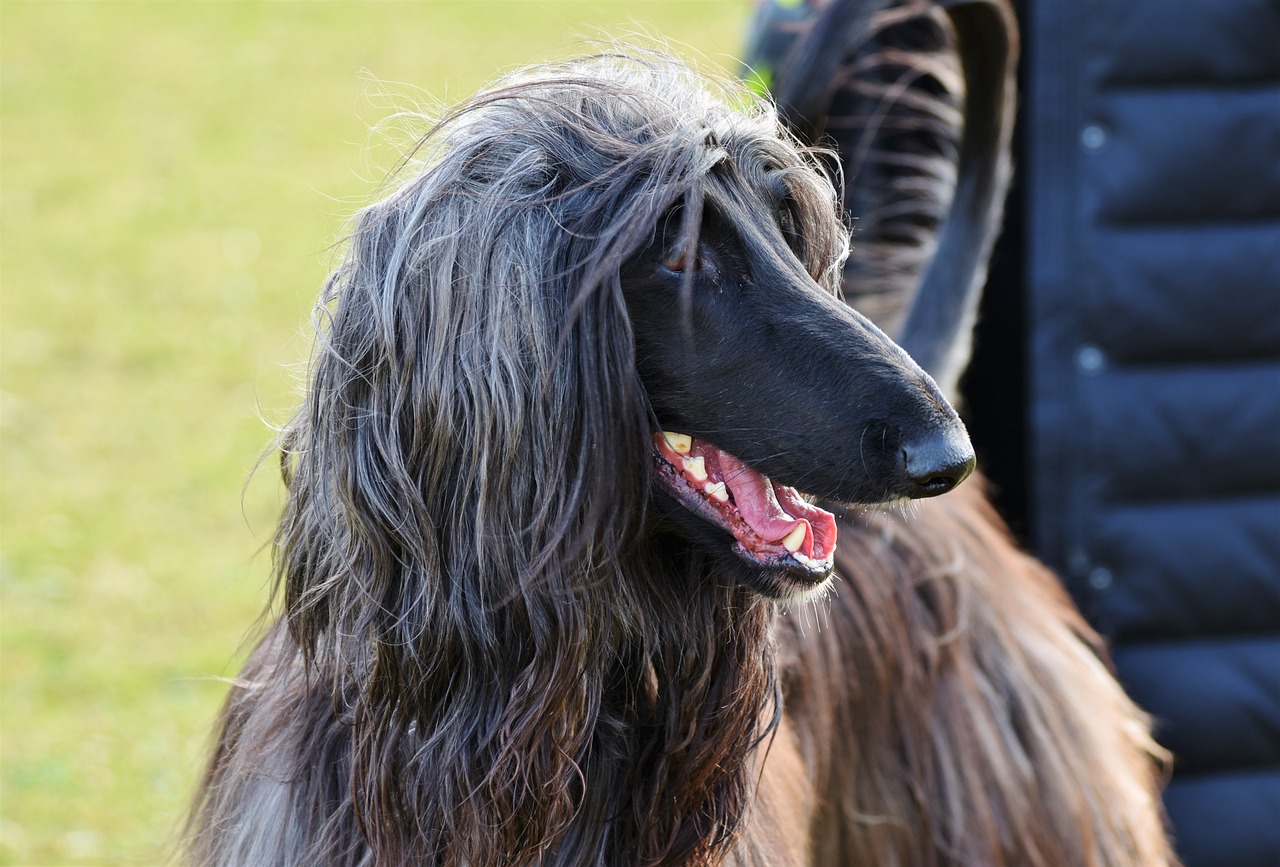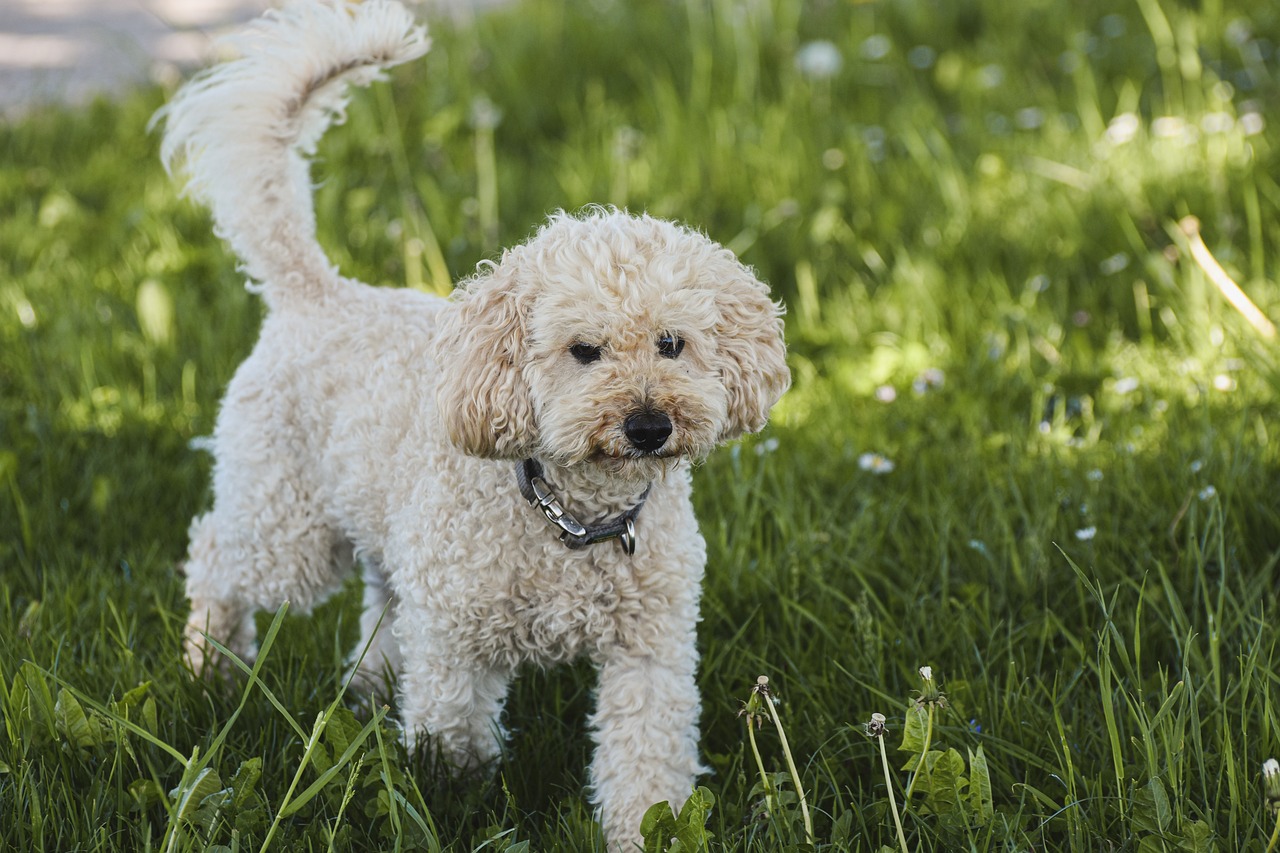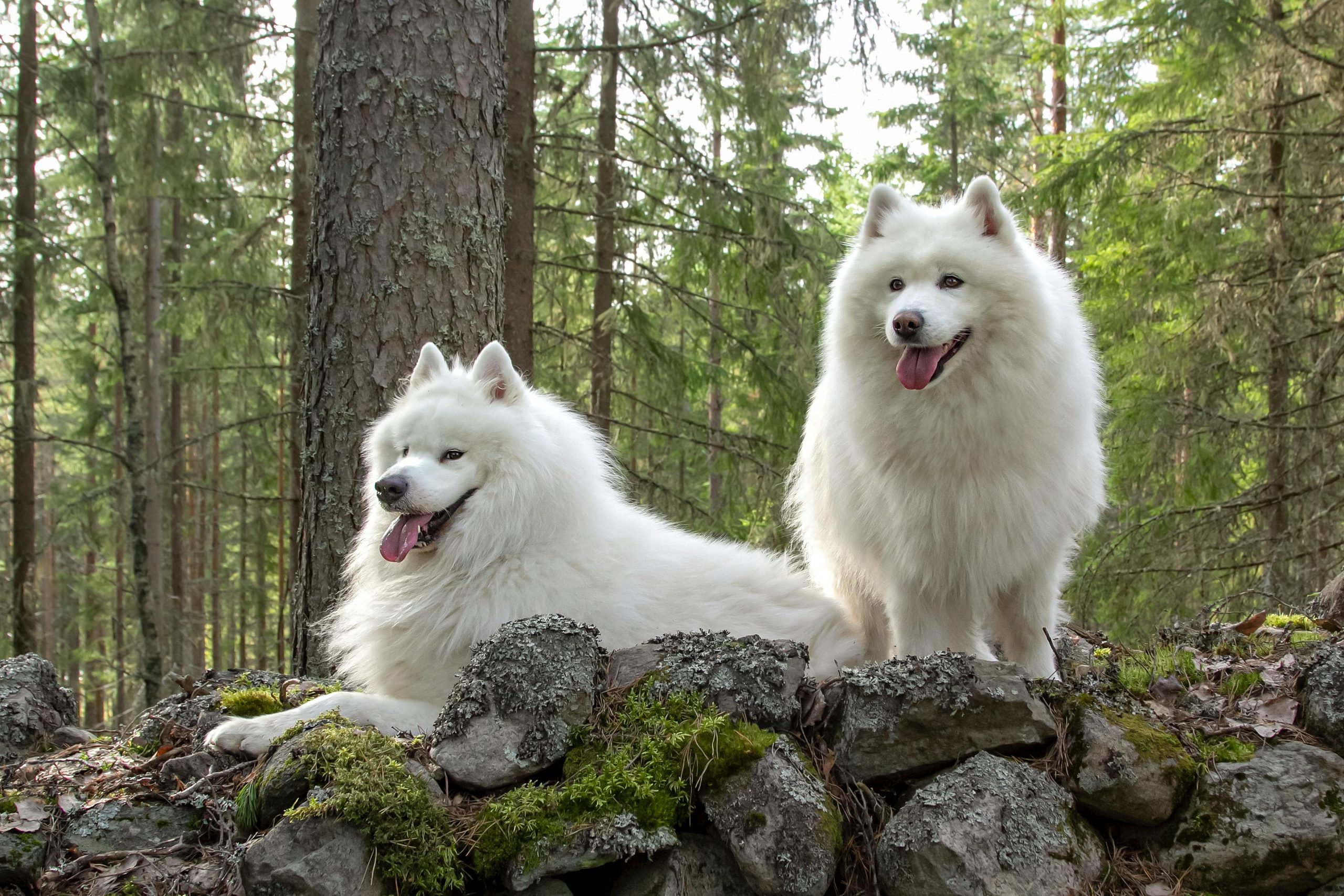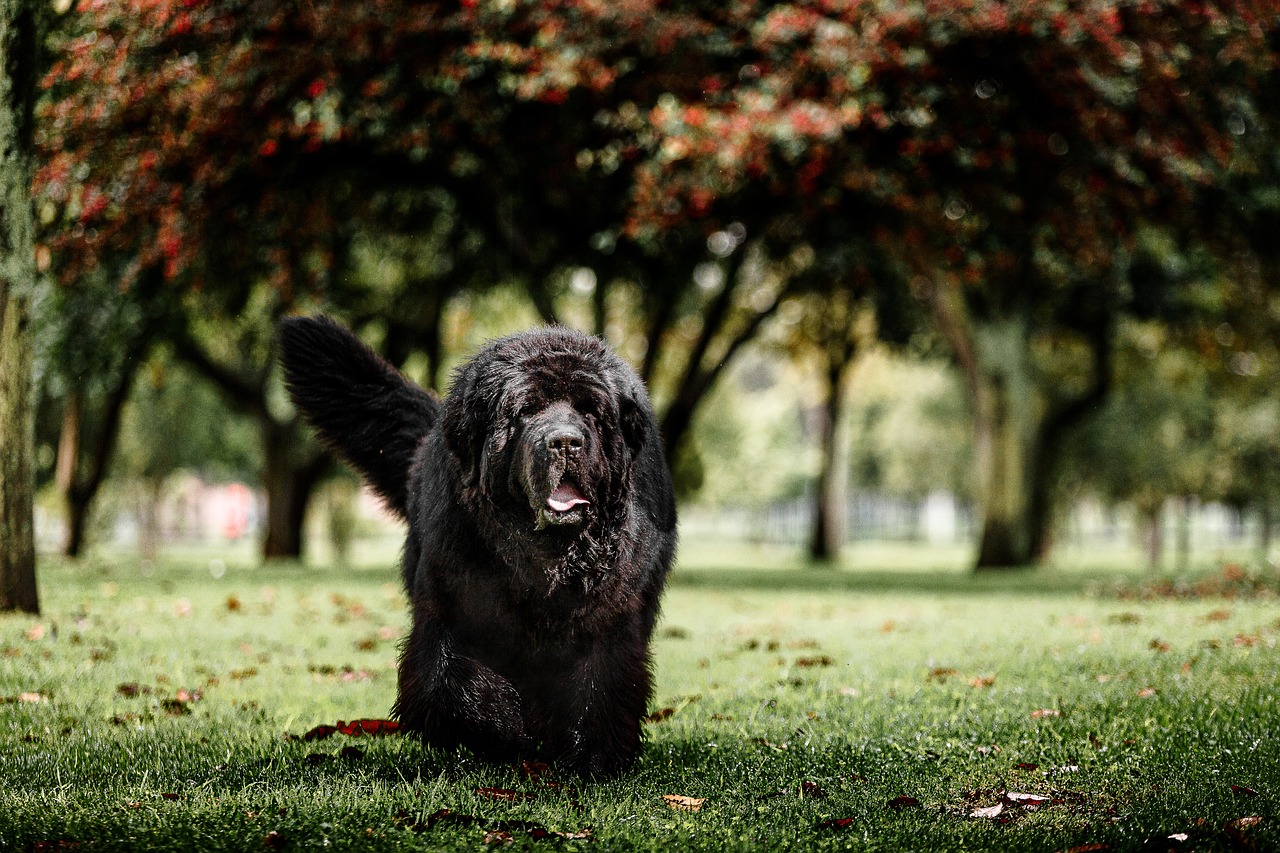In the diverse world of canines, grooming plays a pivotal role in ensuring the health, hygiene, and happiness of our four-legged companions. While some breeds are low-maintenance, others demand an extensive grooming routine that goes beyond the occasional bath and quick brush. For potential pet owners or those curious about dog care, understanding the grooming needs of different breeds is essential. Extensive grooming isn’t just about maintaining a dog’s appearance; it’s crucial for their well-being, helping to prevent skin issues, parasites, and matting, which can lead to discomfort and health problems. This article delves into six dog breeds renowned for their high-maintenance coats. From the opulent fur of the Afghan Hound to the dense, water-resistant coat of the Newfoundland, we explore why these breeds require more than just a simple brush and what it means for their care. Whether you’re a seasoned dog owner or considering bringing one of these breeds into your home, understanding their grooming needs is a step towards a happy, healthy pet.
1. Afghan Hound
The Afghan Hound, with its majestic and elegant appearance, is often likened to an aristocrat among dogs. This breed’s hallmark is its long, silky coat, which demands regular, meticulous grooming to maintain its lustrous sheen and prevent tangles. Owners of Afghan Hounds must commit to a grooming routine that includes daily brushing, regular baths, and careful drying to ensure the coat does not mat. The breed’s fine hair is prone to knotting, especially in areas of friction such as behind the ears and under the legs. Beyond aesthetic maintenance, grooming is vital for the Afghan Hound’s health, as matting can lead to skin irritation and infection. The dedication to their care is a testament to the bond between these dogs and their owners, highlighting the importance of grooming in their overall well-being.

2. Poodle
The Poodle, whether standard, miniature, or toy, is renowned for its intelligence, elegance, and hypoallergenic coat. This breed’s unique fur does not shed in the traditional sense but instead grows continuously, requiring regular grooming to prevent mats and tangles. A Poodle’s grooming routine includes frequent brushing, professional haircuts every 4-6 weeks, and bathing to keep their coat clean and tidy. The versatility of the Poodle’s coat allows for a variety of hairstyles, from the functional sporting clip to the elaborate show cuts, each with its specific grooming needs. Proper grooming not only ensures the Poodle’s coat is healthy and looking its best but also provides an opportunity for owners to check for skin issues or parasites, making it an essential aspect of their care.

3. Komondor
The Komondor, a breed as notable for its protective instincts as its distinctive coat, has one of the most unique grooming requirements. This breed’s coat consists of heavy, felt-like cords that provide insulation and protection. Grooming a Komondor is a time-consuming and meticulous process, as their cords must be carefully separated and cleaned to prevent matting and to maintain hygiene. Bathing a Komondor can be a challenge, as their dense coat takes a long time to dry, and if not dried properly, can lead to mold and mildew within the cords. Regular maintenance of their coat is crucial to prevent dirt and debris from becoming trapped, which could lead to skin infections. The Komondor’s grooming needs are a testament to the dedication required to keep these magnificent dogs healthy and comfortable.

4. Samoyed
The Samoyed, with its stunning white coat and friendly “Sammy smile,” is as beautiful as it is friendly. Their thick, double-layer coat requires extensive grooming to maintain its condition and manage shedding. Regular brushing, at least a few times a week, is essential to remove loose fur and prevent matting, particularly during their shedding seasons when they “blow” their undercoat. Bathing should be done sparingly but thoroughly, ensuring the dense undercoat is fully rinsed and dried to avoid dampness that can lead to skin issues. The grooming process for a Samoyed is not only about coat care but also strengthens the bond between the dog and its owner, providing a routine that supports their physical and emotional well-being.

5. Chow Chow
The Chow Chow, known for its lion-like mane and distinctive blue-black tongue, boasts a dense double coat that requires diligent grooming. Their thick fur needs to be brushed several times a week to prevent matting and to manage shedding. The grooming process for a Chow Chow includes thorough brushing down to the skin to ensure both the topcoat and undercoat are maintained, which helps regulate their temperature and protect their skin. Bathing too frequently can strip their coat of natural oils, so it’s important to balance cleanliness with maintaining coat health. Regular grooming sessions are essential for spotting any skin issues early and keeping the Chow Chow comfortable and healthy.

6. Newfoundland
The Newfoundland, a gentle giant known for its rescue abilities and affectionate nature, has a water-resistant, double-layer coat that requires substantial grooming. Their thick fur protects them from cold water but also traps dirt and odors, necessitating regular brushing to remove loose hair and prevent matting. Newfoundlands should be bathed every few months with thorough drying to prevent moisture from lingering in their dense coat, which could lead to skin infections. Their large size and the volume of their coat make grooming a significant task, but it’s essential for their health and comfort. Regular grooming not only keeps their coat in good condition but also reinforces the emotional bond between the Newfoundland and its owner.

The breeds highlighted above represent just a fraction of the dog world’s diversity, yet they share the common requirement of extensive grooming. This grooming is not merely cosmetic; it’s a critical component of their health, well-being, and the bond they share with their owners. Committing to a dog with high grooming needs is a significant responsibility, one that demands time, patience, and love. But for those willing to invest in the care of these breeds, the reward is a deep, fulfilling relationship with a well-groomed, happy, and healthy companion.
 Toledo, United States.
Toledo, United States.
